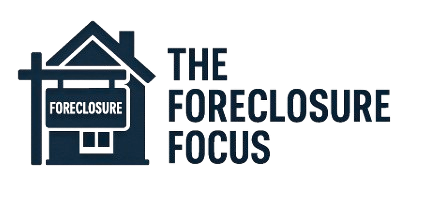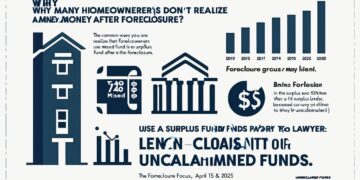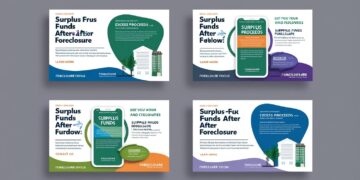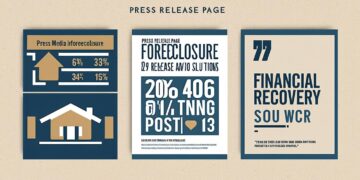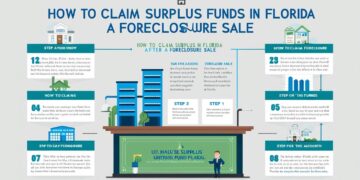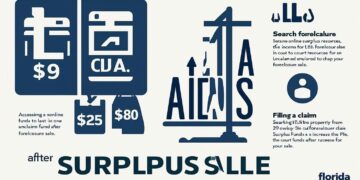The Foreclosure Focus Explains How Foreclosures Work in Different States—and How to Protect Your Rights
📍 West Palm Beach, FL | 📞 (561) 941-4853 | 🌐 https://www.theforeclosurefocus.com
West Palm Beach, FL – April 30, 2025 – If your home is in foreclosure, understanding what type of foreclosure process your state follows can dramatically change your options, your timeline, and your ability to recover surplus funds after the sale. At The Foreclosure Focus, we help homeowners in all 50 states navigate both judicial and non-judicial foreclosure processes—and recover what’s rightfully theirs.
🔍 What Is the Difference Between a Trustee Sale and Judicial Foreclosure?
- In non-judicial foreclosure states like California, Texas, or Georgia, lenders can foreclose without going to court. After issuing a notice of default and a notice of sale, the property is auctioned in a trustee sale—often within 30 to 90 days. These fast-moving sales can catch homeowners off guard and limit the time available to stop foreclosure or prepare for surplus fund recovery.
- In judicial foreclosure states like Florida, Indiana, Ohio, and New York, lenders must file a lawsuit and obtain court approval before a foreclosure sale can take place. This process includes legal notices, hearings, and potentially mediation conferences. Judicial foreclosure offers more time—often several months to over a year—to negotiate, defend, or make alternative arrangements.
📆 Why This Matters for Homeowners
Whether your foreclosure is judicial or non-judicial directly impacts:
- How much time you have before auction
- Whether you’ll be notified by court or trustee
- If you can challenge the foreclosure in court
- How surplus funds are handled and claimed
- Whether legal defenses like improper notice or robo-signing may apply
At The Foreclosure Focus, we identify which process applies to your case and guide you accordingly, helping you avoid missing critical deadlines or losing claim to excess funds from the sale.
💰 Surplus Funds May Still Be Available
In both trustee sales and judicial foreclosures, if your property sells for more than the balance owed, you may be entitled to surplus proceeds. This is money that should go to the homeowner or heirs—but it often goes unclaimed because no one explains the process or offers to help.
The Foreclosure Focus works with foreclosure attorneys, estate representatives, and skip tracing teams to track down rightful claimants and file surplus fund claims—even in fast-moving non-judicial cases.
🧭 We Help in Every Type of Foreclosure State
Whether you live in a state with fast trustee sales or slow court-based foreclosures, The Foreclosure Focus will:
- Analyze your state’s foreclosure process
- Track the auction timeline
- Identify potential legal errors or defenses
- Determine if a surplus recovery opportunity exists
- Guide you or your family through the next steps
We currently assist clients in California, Florida, Indiana, Ohio, New York, New Jersey, Texas, Georgia, and more.
📞 Contact The Foreclosure Focus Today
Understanding your foreclosure type is the first step to taking control. Don’t go it alone—let us help you protect your rights and recover every dollar possible.
Phone: (561) 941-4853
Email: [email protected]
Website: https://www.theforeclosurefocus.com
🔗 Trusted foreclosure help from The Foreclosure Focus
🔗 Foreclosure surplus recovery experts at The Foreclosure Focus
🔗 Claim surplus funds after trustee sales or court auctions – The Foreclosure Focus can help
Trustee Sale or Foreclosure? Know the Terms
In non-judicial foreclosure states (like California), a trustee sale is how homes are sold without court involvement. In judicial states (like Florida or Indiana), a judge must approve foreclosure before sale.
The Foreclosure Focus helps homeowners navigate both systems—identifying whether they qualify for surplus funds, time extensions, or legal defenses.
